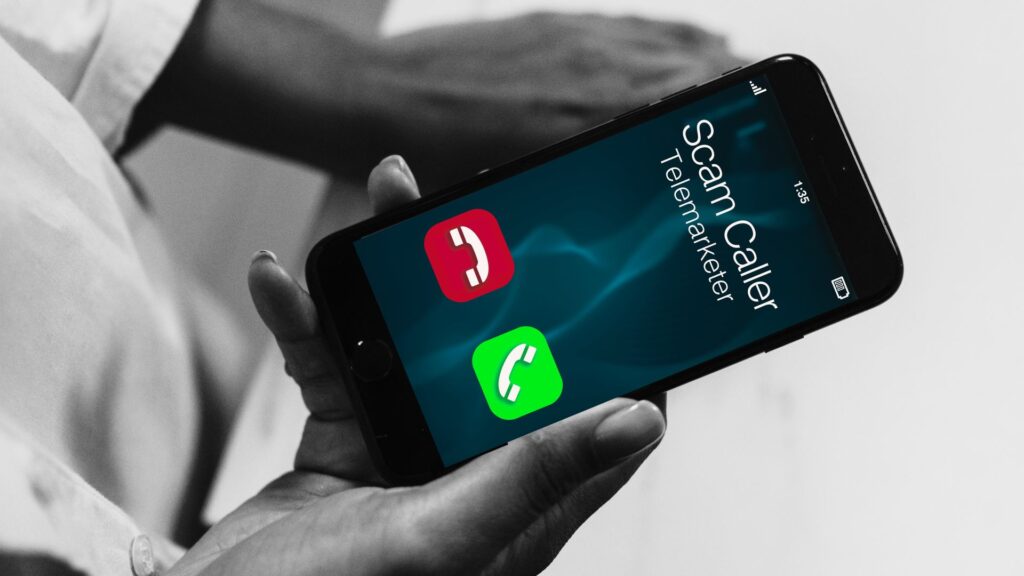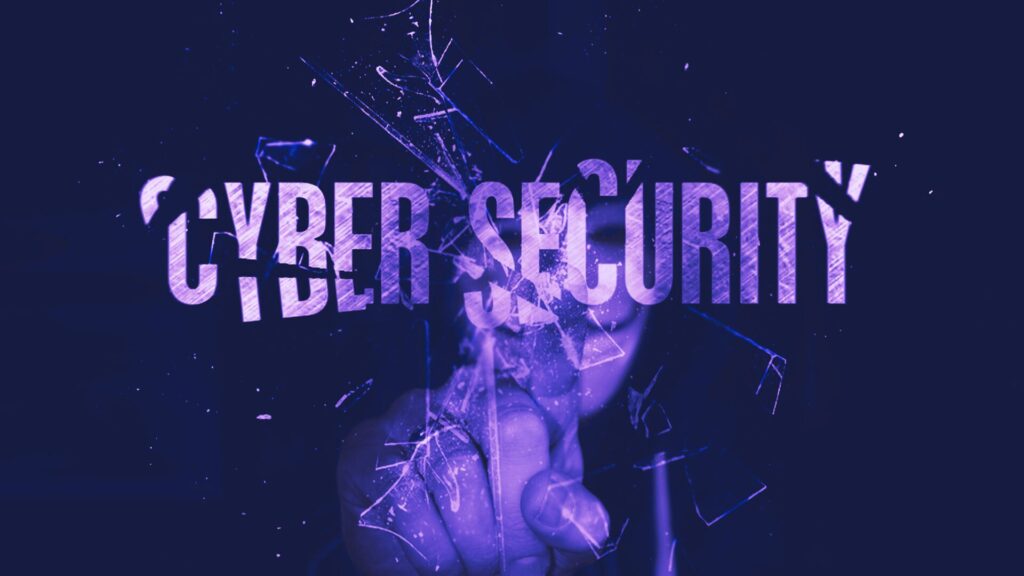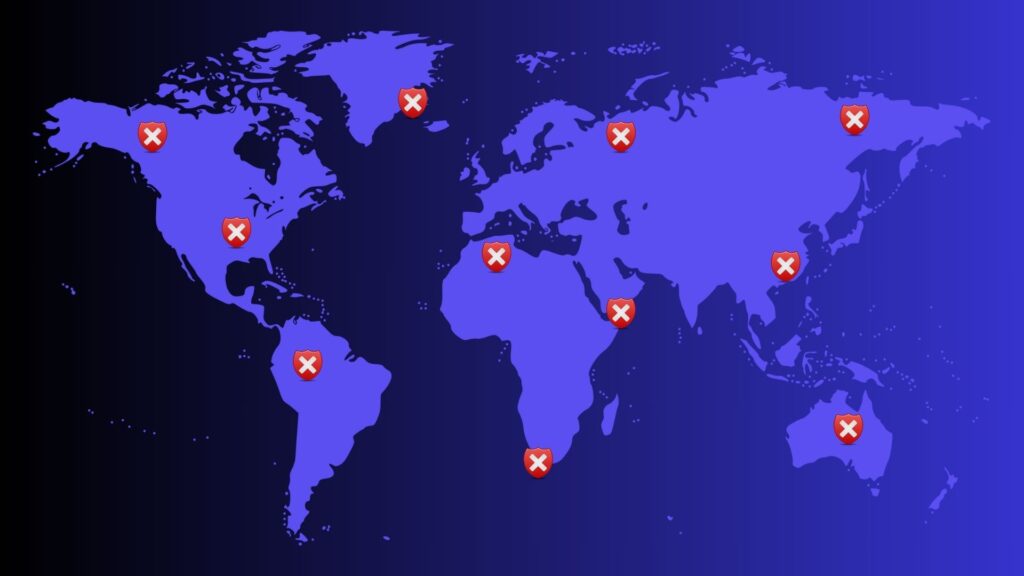The phone rings, and the person on the other end calmly introduces themselves as a representative from a cell phone provider. They are calling to confirm the contract you have just opened for a new, expensive smart phone. You are shocked! You are not aware of this activity. The person offers to help you cancel the contract and proceeds to ask you for sensitive information. Suddenly, you realize that something doesn’t seem right. But it’s too late, you have provided all your details – you have been “vished”.
This call scam is a common occurrence, and it can trick anyone. Let’s discuss what vishing is and how you can protect yourself against these call scams.
What is vishing?
Vishing is short for voice phishing and is a type of phishing scam that involves a scammer impersonating someone you trust. Most of these scams involve the scammers trying to “help” you to resolve an urgent issue when in fact, they are collecting your personal information for malicious purposes.
How a vishing attack works
A typical vishing attack is deigned to create urgency and manipulate your emotions:
- A scammer will call you from an “official” source such as a representative from a well-known company, tech support, etc.
- They will create a sense of urgency convincing you that your account is at risk. This is to get you to respond quickly.
- They will try to be “helpful” to make you think that you can trust them and that they can resolve the fake issue.
- They will request your sensitive information and pretend that it is required to “fix the issue”.
Once they have your information, they will carry out the next phase of the attack. For example, they will drain your bank account or use your details for purchases.
These attacks are effective because the voice communication seems authentic. Hearing someone’s voice on the other end of the line builds a sense of trust. Furthermore, these scammers pretend to be legitimate and play on your emotions which make it harder to think logically.
How to recognize the signs of the scam
Here are a few tips to help you identify the signs of a vishing call:
- Unsolicited calls asking for personal information: Banks and legitimate companies do not ask you to share sensitive information over the phone, especially if you have not initiated the call.
- Pressure and urgency: If the caller is pushing you to act immediately and not giving you any time to consider the request, then take a step back. Legitimate companies will give you sufficient time to verify their claims and there is no need to respond without being fully informed.
- Payment and verification: A call from anyone asking you to verify your identity using personal information, passwords, or PINs is suspicious. If someone requests any form of payment over the phone which includes your credit card details, stop engaging immediately.
How to protect yourself from vishing scams
- Always verify: If you receive a call from a “representative” of some sort. Hang up and call them back using the company’s verified contact number. This is a simple step to avoid being the next victim.
- Use multifactor authentication (MFA): Enable MFA on all your accounts which make it harder for scammers to gain access.
- Use caller ID and spam detection tools: Many smartphones come with spam filters that can detect suspected scam calls. Additionally, you can use tools like Truecaller or Hiya, which are available on the app stores, to provide additional protection.
- Don’t overshare: Scammers will check the information you have shared online and use it to craft the call. They will include specific information to make the call seem more legitimate.
What you should do if you’ve been vished
Follow these steps if you think that you may have fallen victim to a vishing scam:
- Change your password: Start with the account you may have mentioned to the scammer and then change your password for any related accounts.
- Alert your bank: Contact your bank to inform them of the scam. They can assist you in monitoring transactions or even temporarily freeze your account until the investigation is complete.
- Report it: Make sure you report the scam to the official company so that they may investigate further.
- Monitoring: Check your accounts to ensure that any suspicious activity is reported and remediated sooner rather than later.
Vishing scams can be scary but try to keep in mind that you do not have to act immediately. Do not feel pressured by someone to divulge personal information. Take a step back and think rationally before responding to reduce the chance of you falling victim to the next vish. Stay secure!



